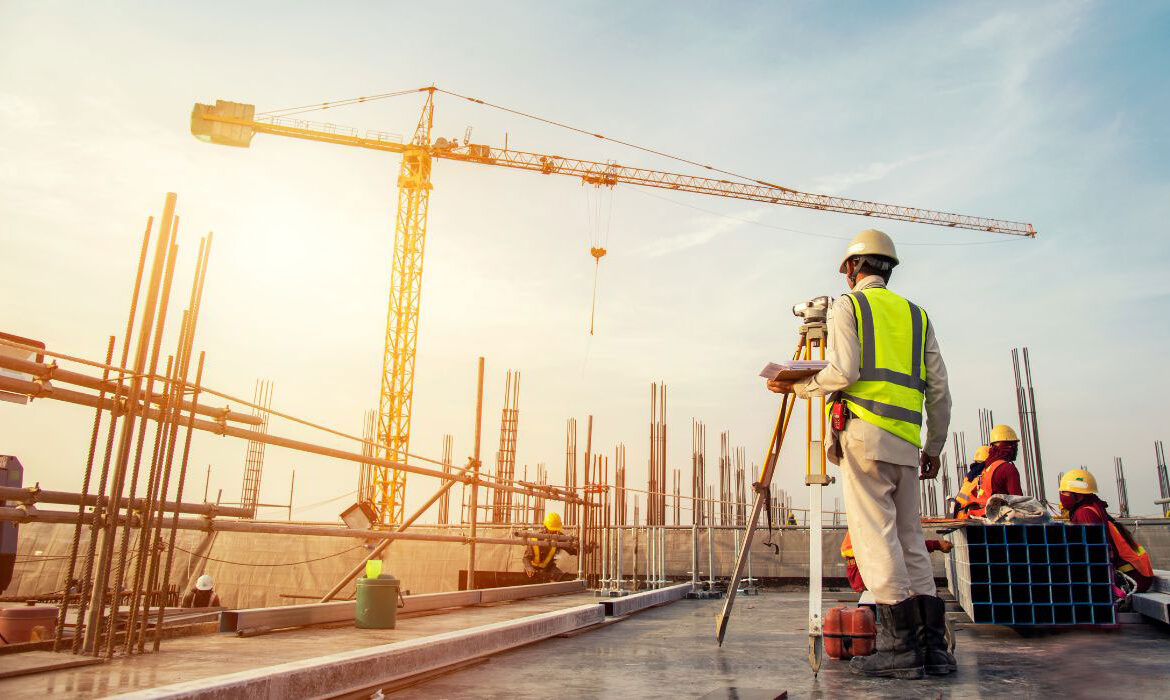
In an era marked by fast technological development and growing urban populations, modern engineering practices are transforming the manner we build and revel in our cities. These improvements are not most effective in addressing cutting-edge urban challenges however additionally lay the basis for more sustainable, efficient, and resilient city environments. This blog explores how current engineering techniques are reshaping our towns and riding urban development forward.
Smart Infrastructure
The integration of the Internet of Things (IoT) era into town infrastructure is revolutionizing how city systems are managed. Smart infrastructure, powered with the aid of IoT sensors and data analytics, permits actual-time tracking of diverse metropolis capabilities. For example, clever site visitors’ lighting fixtures can optimize visitor flow primarily based on current situations, even as waste control structures can track waste degrees and optimize collection routes. Additionally, the position of FF&E Procurement Companies in sourcing and handling clever generation and devices is crucial for imposing these advancements effectively. This era enhances performance, reduces operational expenses, and improves normal metropolis control.
Sustainable Building Practices
Sustainability is at the leading edge of modern-day engineering practices. Green building standards, which include LEED (Leadership in Energy and Environmental Design), are more and more adopted to make sure that homes meet rigorous environmental overall performance criteria. Energy-efficient technologies, inclusive of advanced HVAC structures and solar panels, are getting popular in new buildings. Additionally, sustainable practices enlarge waste management, with revolutionary techniques for lowering the creation of waste and promoting recycling, in addition to assisting a round financial system.
Advanced Construction Techniques
Advancements in construction techniques are appreciably impacting the rate and price of building tasks. Modular and prefabricated production methods allow for components to be synthetic off-site and assembled fast on the web page. This approach reduces creation time and minimizes disruption. Another groundbreaking technology is three-D printing, which gives flexibility in layout and cloth performance. This technique is reworking how structures are constructed, enabling more complex and customized designs at the same time as the usage of fewer sources.
Urban Transportation Solutions
Modern engineering is likewise improving city transportation structures. The integration of electrical and self-reliant motors guarantees to lessen emissions and enhance site visitors’ performance. Self-riding motors, mainly, are expected to revolutionize urban mobility with the aid of reducing visitor congestion and growing protection. Additionally, advancements in public transit, such as excessive-pace rail systems and accelerated metro networks, rely upon durable materials like Galvanized Steel Pipe for Sale for infrastructure development, addressing the growing call for efficient and reliable transportation options.
Resilient City Design
Creating resilient towns is a vital factor in modern city planning. Engineering practices centered on disaster preparedness help towns withstand natural calamities inclusive of earthquakes and floods. For instance, earthquake-resistant buildings and superior flood control systems are designed to defend infrastructure and ensure protection. Climate adaptation techniques, which include green roofs and concrete warmth island mitigation, are also essential in making ready cities for the influences of weather change.
Smart Cities and Data Integration
The concept of smart towns leverages big statistics and analytics to beautify city living. By collecting and reading information from various assets, metropolis planners can make informed selections approximately city improvement and useful resource allocation. This statistics-pushed technique additionally fosters citizen engagement, as digital structures enable citizens to take part in town-making plans and development efforts. Such engagement guarantees that urban development aligns with the desires and choices of the community.
Future Trends and Innovations
Looking ahead, several rising technologies are set to steer the destiny of city engineering. Artificial intelligence (AI) is poised to play a substantial position in infrastructure control, imparting predictive analytics and automated decision-making abilities. Additionally, advanced materials and creation strategies will continue to conform, offering new opportunities for efficient and sustainable urban development. The future of metropolis-making plans can be fashioned via those improvements, leading to smarter, extra-adaptable city environments.
Conclusion
Modern engineering practices are profoundly reshaping our cities, riding innovations that address cutting-edge challenges and prepare us for our destiny. From smart infrastructure and sustainable building practices to advanced production techniques and resilient metropolis designs, these improvements are growing more green, sustainable, and resilient urban environments. As we continue to include this technology and practices, we’re building a basis for towns that are better geared up to handle the needs of the 21st century.
In addition to those engineering improvements, the role of FF&E Procurement in city development cannot be disregarded. Effective procurement techniques are crucial in sourcing and managing the vital furniture, furniture, and system for brand new traits, ensuring that initiatives are completed efficaciously and to the best standards. As cities make plans and improvements preserve to conform, these techniques will play a key role in supporting improvements.



